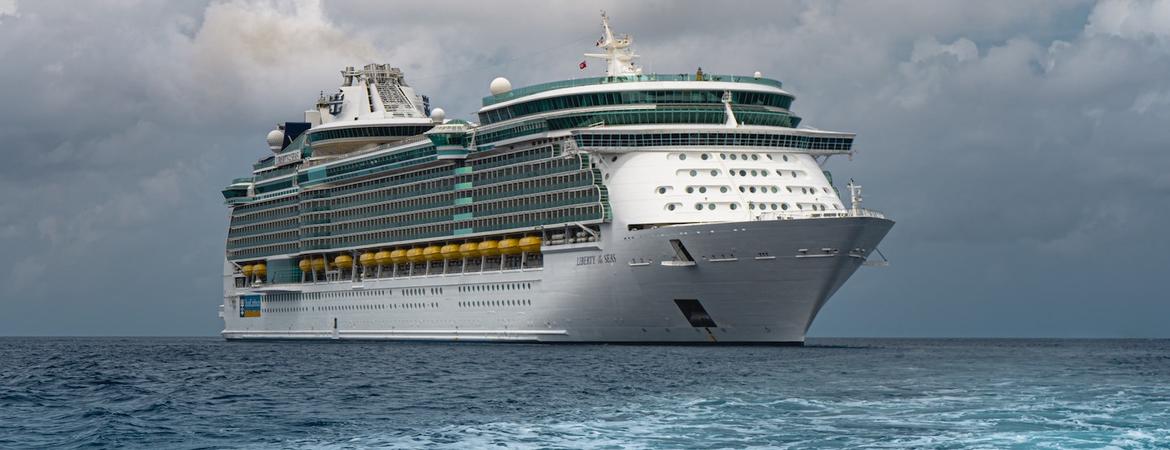
A UC Riverside-led study on cruise pricing could help the cruise industry get back on its feet after the pandemic. The research, published in Management Science, found that customers who book early in the advance sales period are less sensitive to ticket prices, while customers who book late are more sensitive to price changes, even though there are fewer cabins left.
“Those most likely to sail (post-pandemic) are loyalists who do not necessarily move based on price discounts,” said Mingyu Joo, a UC Riverside assistant professor of marketing.
The findings contradict conventional wisdom from airlines, where early buyers shop for lower prices and late buyers facing fewer seats and choices accept higher prices. The research suggests the post-pandemic cruise industry should plan ticket sales to attract loyalists, who book early, and focus on value more than price.
Joo and Kenneth C. Wilbur at UC San Diego obtained booking data from a leading cruise company for 2004. The data include all two-person cabin sales. Each sales record specified the purchase date, price paid, departure date, itinerary, and cabin type. The researchers analyzed 11 itineraries and three cabin types that collectively accounted for 397,498 bookings, more than 90% of all tickets sold by the firm.
Cruise tickets were sold up to a year in advance. However, 99.4% of bookings occurred during the final 40 weeks, with the final 20 weeks accounting for 87% of all tickets sold. Each cruise’s price changed weekly over the advance sales period.
Customers buying high-price itineraries often booked tickets earlier, while those booking low-price itineraries tended to buy later.
Early buyers were less sensitive to price changes than late buyers, behaving like “loyalists” less likely to respond to fluctuations around the average price. This suggests that perceived experiential value of the cruise mainly influenced their behavior.
Late buyers were driven by bargain-seeking behavior, with high responsiveness to price fluctuations. Their behavior was that of newcomers inclined to shop prices. The firm's policy of raising prices as the advance sales period progressed worked because the increase in demand was enough to offset sales lost due to increased price.
For an industry shattered by the COVID-19 pandemic, the time-based segmentation in cruise consumer price responses offers a pathway to recovery once it is safe to sail again.
“The cruise industry, in handling pandemic-driven cancellations, may prioritize the consumers who previously booked early in the advance sales period, when allocating promotional resources right after the pandemic,” Joo said. “The cruise industry can also open up post-pandemic tickets for booking as early as possible, as optimistic loyalists may tend to plan far ahead. Both tactics may attract those loyalists who plan early to book tickets for the first post-pandemic sails.”
Joo warns that big post-pandemic discounts to attract new customers may not be effective. Those who never cruised may be risk-averse and go on a cruise only when really big discounts are offered or when the COVID-19 risk is completely gone.
“The industry needs to carefully evaluate the tradeoff between having more sales with deep discounts and focusing on loyalists at reasonable prices and with more value-focused promotions,” Joo said.
Header photo: Adam Gonzales on Unsplash




